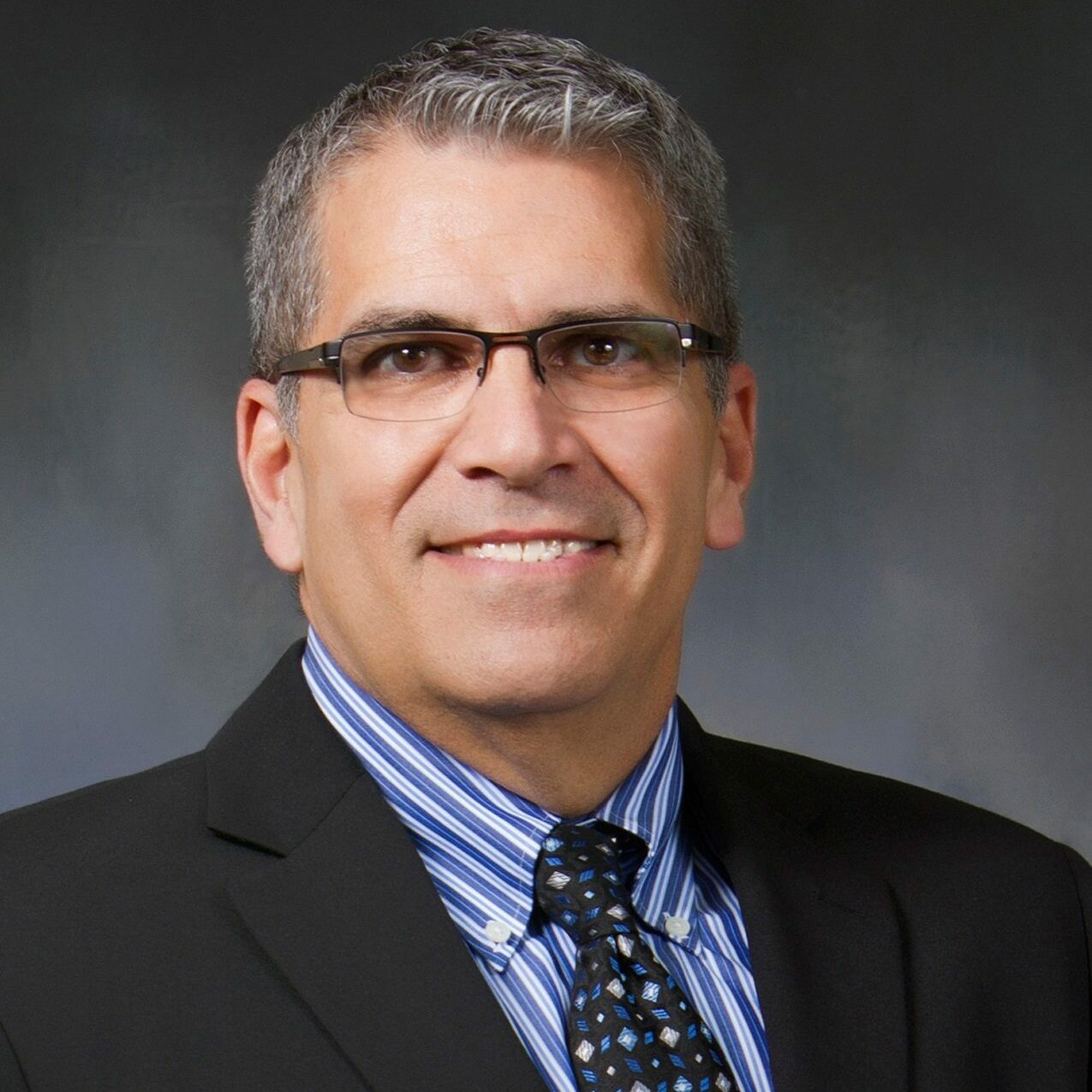Using Research to Improve Policing
Launched in late 2020, the Task Force on Policing identified the policies and practices most likely to reduce excessive use of force, increase accountability, and rebuild trust between the police and communities. Read the latest recommendations to improve accountability in law enforcement. The final report highlighted five priorities for reform.
facts and figures
0
COVID-19 death rates in prisons0%
Government expenditure on policing0%
Probability of future convictionsThe COVID-19 death rate in prisons was 2.1 times that of the general population, after adjusting for the age, sex, and race/ethnicity of incarcerated individuals.
Spending on police nearly tripled over the past 40 years, but as a share of total state and local government expenditures it has been flat, at about 3.7%.
In one Texas county, receiving a deferred adjudication of guilt reduced the probability of future convictions over the subsequent 10 years by 45%.
Member Spotlight









